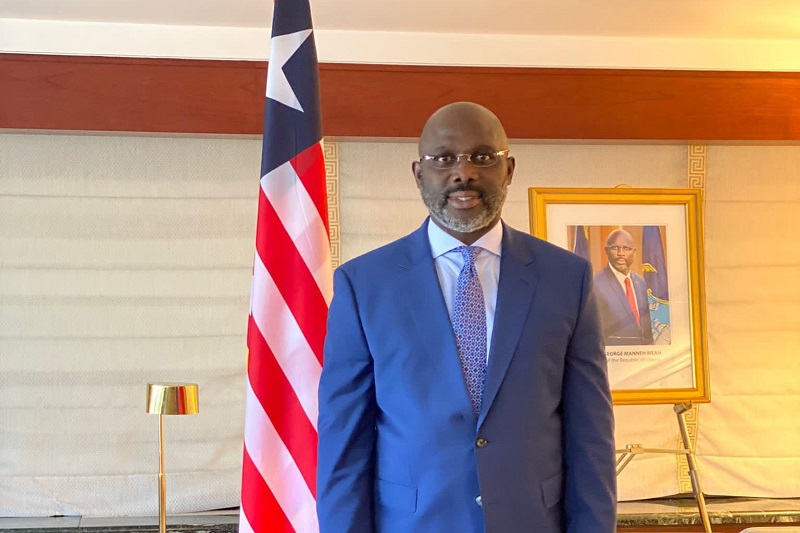As voting concludes in Liberia’s general elections, the nation grapples with the decision of whether to grant football legend George Weah a second term as president. For a country with the scars of previous civil wars, peace remains a top priority.
Voters’ Aspirations
Even before the polling stations opened at 8:00 a.m. (0800 GMT), hundreds of eager citizens gathered in the morning sun in Monrovia, the capital city, to exercise their right to vote. Young voters like 18-year-old Agostina Momo expressed their hopes for peace and development.
“Weah Casts His Vote”
In the midst of the morning, while lines at voting stations remained lengthy, President George Weah cast his vote in Monrovia’s Paynesville neighborhood. He exuded confidence, saying, “I have worked a lot, and people have confidence in me. I hope to win in the first round.”
Hopes for Peaceful Elections
Liberia’s major political parties have pledged that the upcoming presidential and legislative elections will be conducted without incident. However, past clashes among their supporters, resulting in three deaths, have raised concerns about potential violence.
Post-UN Peacekeeping Era
This election marks the first in Liberia since the United Nations withdrew its peacekeeping mission in 2018. The mission was established after two civil conflicts from 1989 to 2003 claimed over 250,000 lives.
Weah’s Journey from Football to Politics
After a successful international football career and becoming the first African to win the prestigious Ballon d’Or in 1995, Weah, now 57, transitioned to politics after retiring from sports. Critics argue that he has not fulfilled his promises from his 2017 election campaign, particularly regarding education and job creation. Calls for a war crimes tribunal have also gone unheeded.
Keep Reading
Election Dynamics
Although Weah faces 19 opponents in the presidential race, he is the favorite to win. However, there is a possibility of a runoff election in early November if no candidate secures an absolute majority in the first round.
International Monitoring
Given recent coups in the region, international monitors from the United States, the European Union, the African Union, and the ECOWAS group of West African nations have been deployed to oversee the elections.

